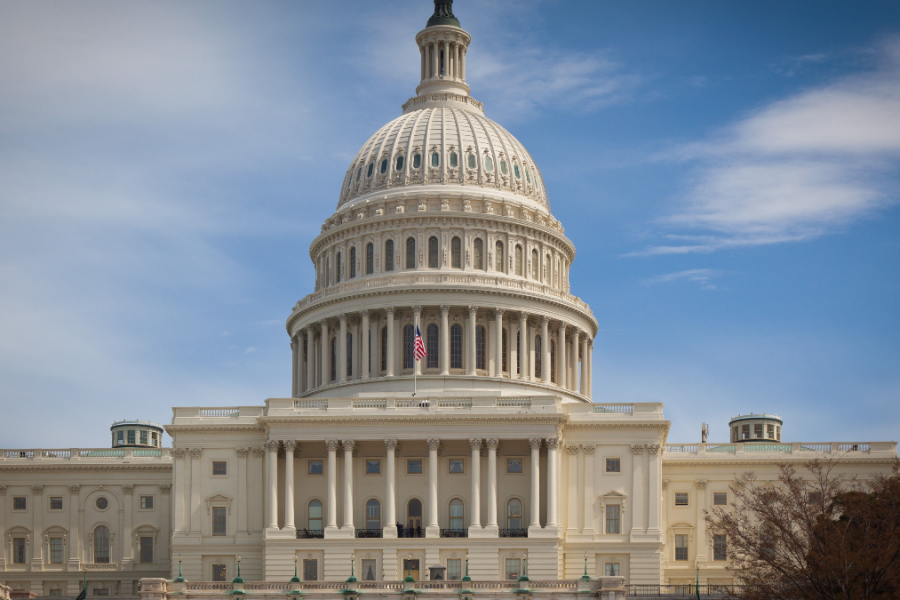Broadband priorities for outgoing and incoming Congress
As the year starts drawing to a close, so does the tenure of the 117th Congress. That body, under President Biden, passed $65 billion in broadband funding in the Infrastructure Investments and Jobs Act (IIJA), plus billions more for broadband in the American Rescue Plan and Consolidated Appropriations Act of 2021.
With that funding in place, there are still several broadband policy issues and related matters for Congress to sort out. Meanwhile, the current Congress has few working days left in 2022 – and still needs to pass a budget for 2023 – and it’s unclear how much legislation will reach President Biden’s desk when Republicans gain the House majority in January.
Here are some policy matters to watch for the remaining and coming term:
Senate confirmation for Sohn
With the midterm elections out of the way, and the Senate to remain in Democratic control, Gigi Sohn, President Biden’s pick for fifth FCC Commissioner – nominated back in October 2021 – is likely to get confirmed. Some in the industry think it could happen under the current Congress, before the end of the year.
“A major priority for a whole range of industries and consumer groups is getting Gigi Sohn confirmed,” said Ernesto Falcon, senior legislative counsel with the Electronic Frontier Foundation (EFF). “That sets the stage for the FCC to then begin kind of implementing a number of policy goals.”
Various advocacy groups have pressured the Senate over the past year to confirm Sohn. In a recent letter, labor groups including the Communications Workers of America (CWA), International Brotherhood of Electrical Workers and others urged senators “to swiftly advance the nomination of Gigi Sohn” noting that the “FCC needs a fully seated commission in order to make critical decisions during a period of increased federal investment in broadband networks and digital equity initiatives.”
Tax bill
One issue hanging over the federal government’s broadband billions is that a change made to tax law in 2017 now treats those grants as taxable income. In a recent letter to senators, several groups representing the service provider industry said the current law could put ISPs on the hook to return up to 21% of their infrastructure grants. Those groups, including USTelecom, CTIA and others, are urging the passage of the Broadband Grant Tax Treatment, which would exempt recipients of broadband funding through the American Rescue Plan Act (ARPA) and the Infrastructure Investments and Jobs Act (IIJA) from taxation.
In an email to Light Reading, a spokesperson for USTelecom expressed hope the bill could pass as part of an end-of-year government spending package.
To read the complete article, visit Light Reading.

















